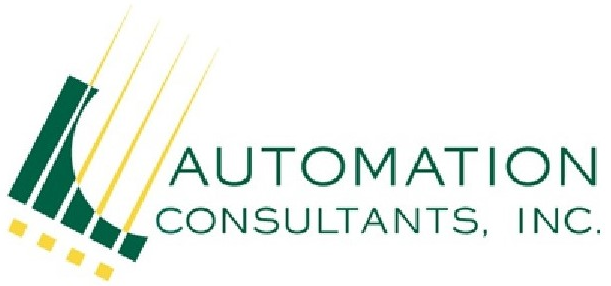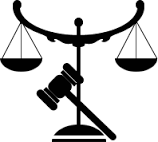From www.eurekalert.com
University of California – Berkeley Haas School of Business
UNIVERSITY OF CALIFORNIA, BERKELEY’S HAAS SCHOOL OF BUSINESS–When Google Books digitized 40 years worth of copyrighted and out-of-copyright issues of Baseball Digest magazine, Wikipedia editors realized they had scored. Suddenly they had access to pages and pages of player information from a new source. Yet not all information could be used equally: citations to out-of-copyright issues increased 135 percent more than issues still subject to copyright restrictions.
Those are the results of a new study, “Does Copyright Affect Reuse? Evidence from Google Books and Wikipedia,” conditionally accepted in Management Science. By studying how copyright laws restrict the free exchange of information, author Abhishek Nagaraj also found pages that could benefit from copyrighted information received 20 percent less traffic than pages that could benefit from out-of-copyright information. That presents a significant disadvantage to Wikipedia readers. Copyrighted images suffered even more lack of distribution or reuse because they cannot be paraphrased and repurposed like written information.
Perhaps more importantly, the study’s findings suggest how an Internet without copyrighted material may be better used to create new content, and not just allow people to consume what’s already out there.
“There is a big debate about what copyright restrictions do to the diffusion of knowledge. Some people say copyright laws have not caught up with the digital age,” says Nagaraj, an assistant professor of management at UC Berkeley’s Haas School of Business.
To see entire article click https://www.eurekalert.org/pub_releases/2017-02/uoc–wrg021017.php


